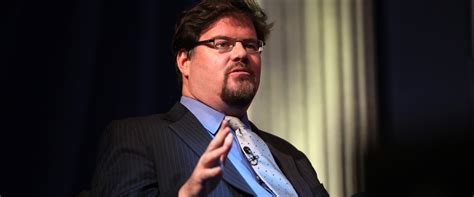A Quote by R. R. Reno
For a long time Christianity has sewn its teachings into the fabric of Western culture. That was a good thing …. But the season of sewing is ending. Now is a time for rending, not for the sake of disengaging from culture or retreating from the public square, but so that our salt does not lose its savor.
Related Quotes
For the first time since I began acting, I feel that I've found my place in the world, that there's something out of my own culture which i can express and perhaps help others preserve..i have found out now that the African natives had a definite culture a long way beyond the culture of the Stone age...an integrated thing, which is still unspoiled by western influences...I think the Americans will be amazed to find how many of the modern dance steps are relics of African heritage.
This happens to a lot of kids from different backgrounds - they lose a lot of their parents' and grandparents' teachings, language and culture because they have to deal with another language and culture 24/7. By the time I was 44, I was terrible at Spanish. I was always intimidated whenever I had to speak it.
Where it is the majority religion, Islam does not recognize religious freedom, at least not as we understand it. Islam is a different culture. This doesn't mean that it's an inferior culture, but it is a culture that has yet to connect with the positive sides of our modern Western culture: religious freedom, human rights and equal rights for women.
A weird theory I have is we come from a suppressed culture. Ireland is one of the most invaded countries ever. I think the British started it very early, it could be like 800 that decided to come and show us out; and the Danes in the north. We've had a tough time and pretty much a similar culture would be the Jewish culture; they had a pretty hard time. They were being kicked around for a long, long time.
It may seem sometimes as if a culture of peace does not stand a chance against the culture of war, the culture of violence and the cultures of impunity and intolerance. Peace may indeed be a complex challenge, dependent on action in many fields and even a bit of luck from time to time. It may be a painfully slow process, and fragile and imperfect when it is achieved. But peace is in our hands. We can do it.
Now is not the time to shrink from the challenge of saving our only home in the universe. Now is not the time to pull into ourselves, retreating into either survivalist or escapist mode. To the contrary, this is the time for titans, not turtles. Now is the time to open our arms, expand our horizons, and dream big. Big problems require big solutions.
The argument now that the spread of pop culture and consumer goods around the world represents the triumph of Western civilization trivializes Western culture. The essence of Western civilization is the Magna Carta, not the Magna Mac. The fact that non-Westerners may bite into the latter has no implications for their accepting the former.
How did we lose our culture? Black people used to all do the same thing on Saturdays. We all watched "Soul Train" and "American Bandstand", got our fashion and dance tips, and then we emulated it and bought those records that we heard. Now it seems like there is no culture. The school of fish are all separate. Everybody's just randomized, listening to their own thing in their earbuds, and there's no uniformity. That bothers me.



































